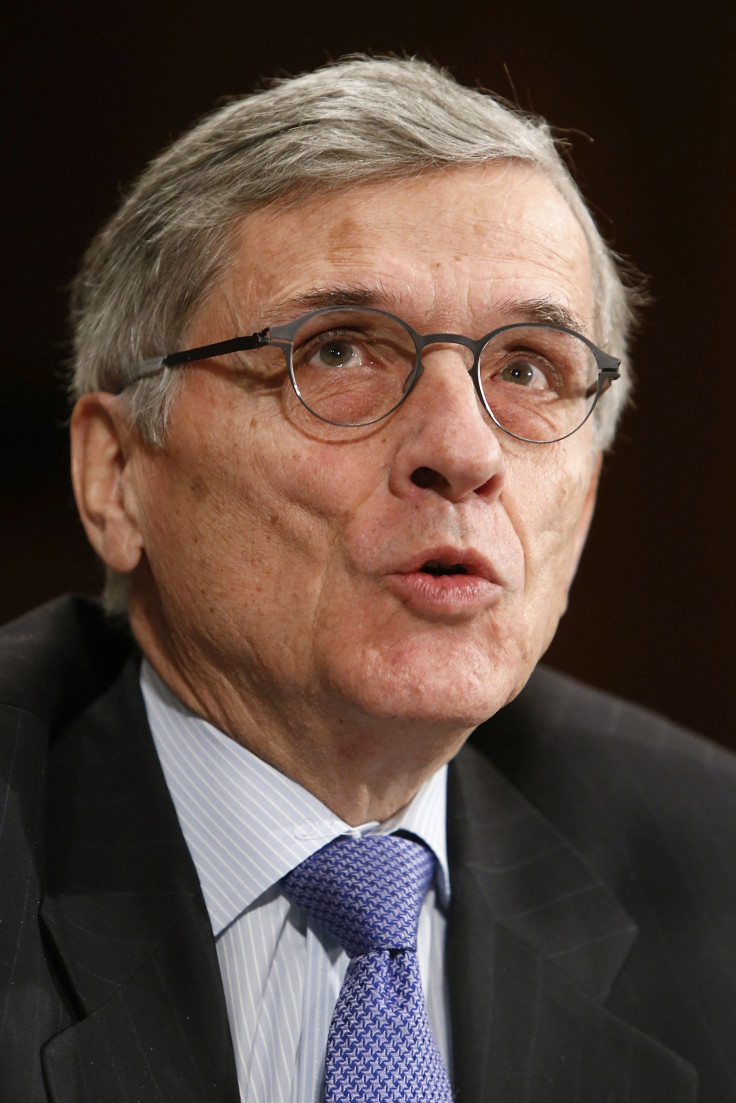FCC Seeks Public Input As It Prepares To Draft Net Neutrality Rules

The possibility of "slow" and "fast" lanes on the Internet became more real Thursday when the Federal Communications Commission voted to accept Chairman Tom Wheeler’s proposal for a new Net neutrality framework, but the vote also kicked off a rulemaking process where the agency will seek public comments, expected to come in a flood.
The FCC said the fundamental question it asks is "What is the right public policy to ensure that the Internet remains open?"
The proposal will ask American consumers, small businesses and service providers “if paid prioritization should be banned outright.” Critics of paid prioritization say that Wheeler's draft proposal would have allowed Internet service providers (ISPs) to charge large companies like Netflix Inc. (NASDAQ:NFLX) to access an Internet “fast lane” at the expense of consumers and startup companies. Conservative members of the FCC argue that prioritization is essential for ISPs to administer good service.
"Prioritization is not a bad word," said Commissioner Michael O'Rielly, according to a report from The Verge. "It is a necessary component of reasonable network management." Senator Ted Cruz (R-Texas) is writing legislation to strip the FCC of its ability to write new Net neutrality rules under Section 706 of the Telecommunications Act, according to a report from The Hill.
Over 100 activists protested at the FCC, and four were escorted from the meeting as the four-month public comment period began Thursday. The FCC says it will hold ISPs to a minimum level of quality for broadband service to consumers, but would be held to “commercially reasonable” standards for all other cases. It seeks public comment on what those standards would be – including prioritizing Internet traffic.
“As a former entrepreneur and venture capitalist, I know the importance of openness. I will not allow the national asset of open Internet to be compromised,” Chairman Wheeler said, according to The Verge. “ I understand this issue in my bones. I have scars from when my companies were denied access in pre-Internet days.”
The public will have two months to submit initial comments on what those standards should be, followed by a two month period of reply comments. To submit a comment to the FCC, click here.
Follow Reporter Thomas Halleck on Twitter
© Copyright IBTimes 2024. All rights reserved.











